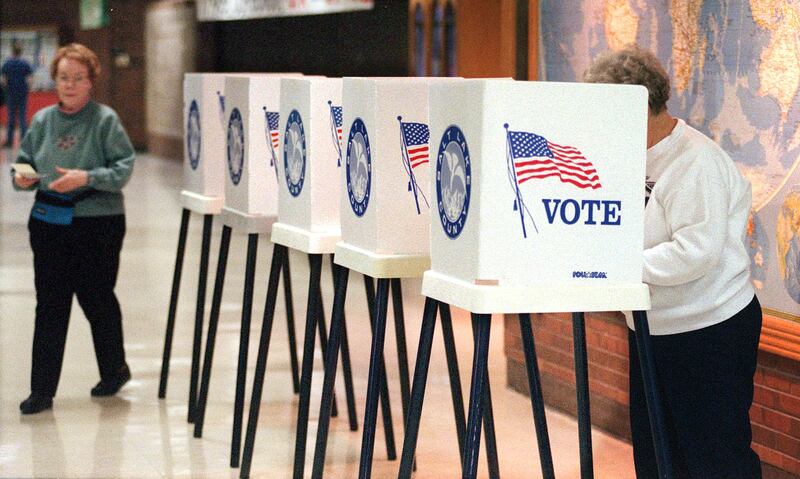As a presidential election year is just around the corner, many different messages will be plaguing social media platforms and streaming services.
It is important to understand media literacy and how to use it in order to be a conscientious consumer of this information.
What is media literacy? Media literacy was originally defined by those who took part in the Leadership Institute in Aspen in 1992.
The Center for Media Literacy defines media literacy as “the ability to access, analyze, evaluate and create media in a variety of forms.”
The definition continues, “Media literacy is a 21st century approach to education. It provides a framework to access, analyze, evaluate, create and participate with messages in a variety of forms — from print to video to the internet.”
Thinking critically about who produced a message, where it came from and what the agendas might be behind the information are all part of being media literate, according to Project Look Sharp, a nonprofit outreach program of Ithaca College.
Why is media literacy Important? PBS reported that “media literacy is literacy.” In today’s world of news, it is important for information consumers to have the tools to question what they are learning in an age of misinformation.
“Media literacy builds an understanding of the role of media in society as well as essential skills of inquiry and self-expression necessary for citizens of a democracy,” the Center for Media Literacy states on its website.
A study, published in the Journal of Advances in Medical Education & Professionalism in 2015, was done to find how behavior and knowledge of students were influenced prior to and after being introduced to media literacy education.
The report said, “Media literacy training increases the individuals’ doubt about the media content. After all, existence of the individuals with high media literacy leads to increase in the media quality because such individuals require more realistic messages of higher quality.”
What does it take to be media literate? Questioning messages that are presented allow people to think critically about the media, according to PBS.
Nonprofit organization Common Sense reported that leaders in the media literacy community have compiled five questions to ask when taking in information today:
- Who made this message?
- What tools did the creator use to get my attention on this message?
- What are ways other people may look at or interpret this message?
- Is there missing context information or did the creator leave out an opposing point of view?
- What is the purpose of this content? What is someone trying to get me to believe?


